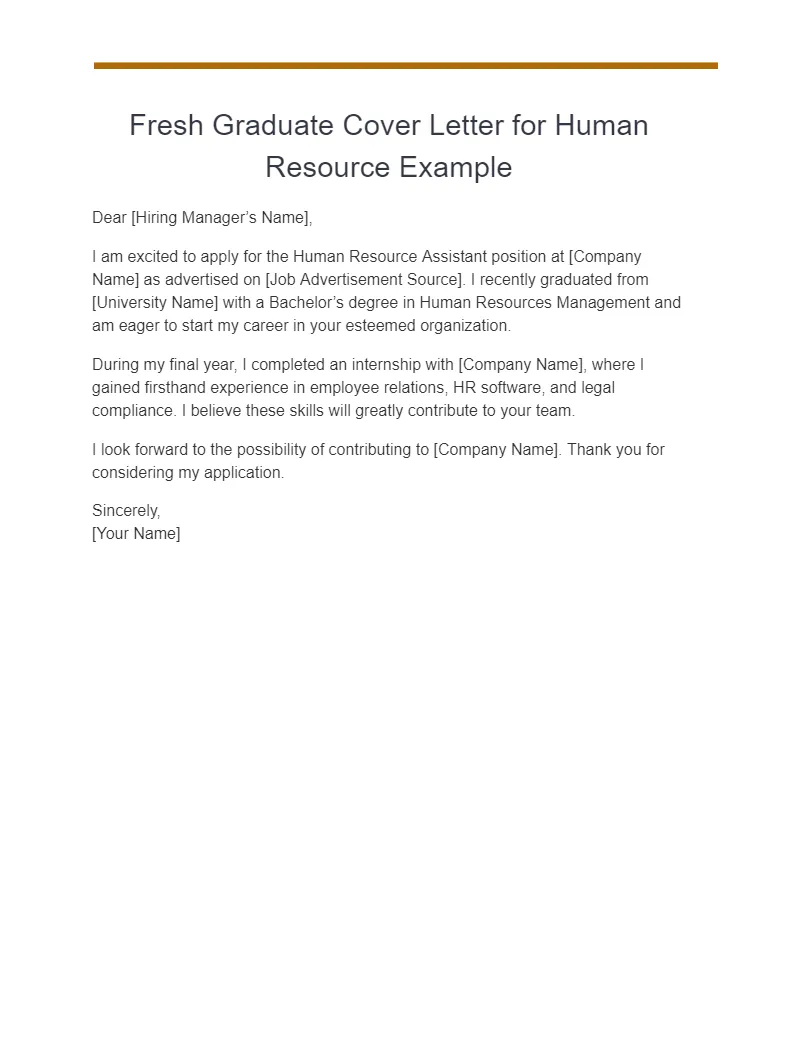Why a Cover Letter is Crucial for Fresh Graduates
As a fresh graduate, entering the job market can feel daunting. Your resume, while important, might lack the extensive work experience that seasoned professionals possess. This is where the cover letter becomes your secret weapon. It provides a crucial opportunity to showcase your personality, enthusiasm, and potential, going beyond the basic information presented in your resume. A well-crafted cover letter can be the deciding factor in landing you an interview, making it essential for every job application you submit. It’s your chance to make a strong first impression and demonstrate why you’re the right fit for the role, even without years of experience. Therefore, crafting a good cover letter is an important first step to help you get your first job.
Understanding the Purpose of a Cover Letter
The primary purpose of a cover letter is to introduce yourself and highlight your key qualifications in relation to the specific job you are applying for. It’s not a mere repetition of your resume; instead, it’s a chance to elaborate on your skills, experiences, and motivations in a narrative format. It allows you to demonstrate your writing skills, your understanding of the company, and your genuine interest in the position. A cover letter should tell a story, connecting your skills to the needs of the employer and explaining why you’re a great fit. This is where you sell yourself, showcasing your ability to communicate effectively and present yourself as a polished professional ready to contribute.
Highlighting Your Skills and Achievements
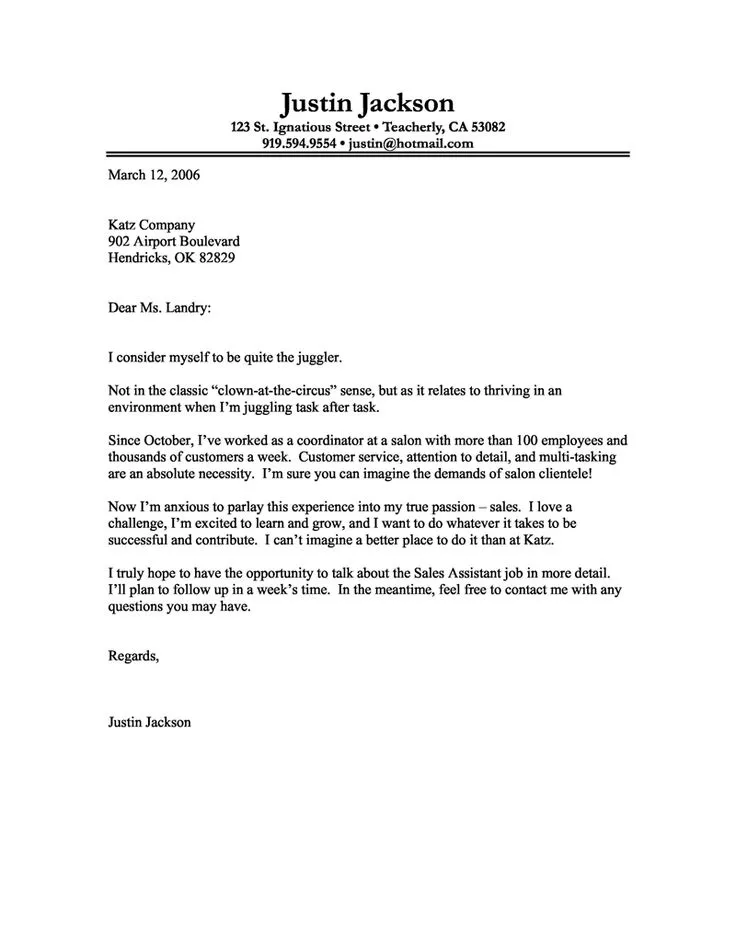
Since fresh graduates often have limited professional experience, your cover letter needs to emphasize transferable skills and academic achievements. Think about the skills you’ve gained through coursework, projects, extracurricular activities, or volunteer work. These could include communication, problem-solving, teamwork, leadership, and technical skills. Provide specific examples of how you’ve utilized these skills to achieve results. Did you lead a successful project in college? Did you improve efficiency in a volunteer role? Did you receive any academic awards or recognition? These achievements, even from non-work experiences, can demonstrate your abilities and potential to employers, proving you are not just another applicant with a degree.
Key Components of a Winning Cover Letter
Contact Information and Professional Greeting
Start your cover letter with your contact information at the top, including your name, phone number, email address, and optionally, your LinkedIn profile URL. Follow this with the date and the recipient’s contact information (if known). Use a professional greeting like ‘Dear Mr./Ms. [Last Name]’ if you know the hiring manager’s name. If you don’t know the name, ‘Dear Hiring Manager’ is a safe alternative. Avoid generic greetings like ‘To Whom It May Concern,’ as they lack personalization and can make your application feel less engaging. Always double-check all contact information for accuracy to ensure you can be reached for an interview.
The Opening Paragraph Hook
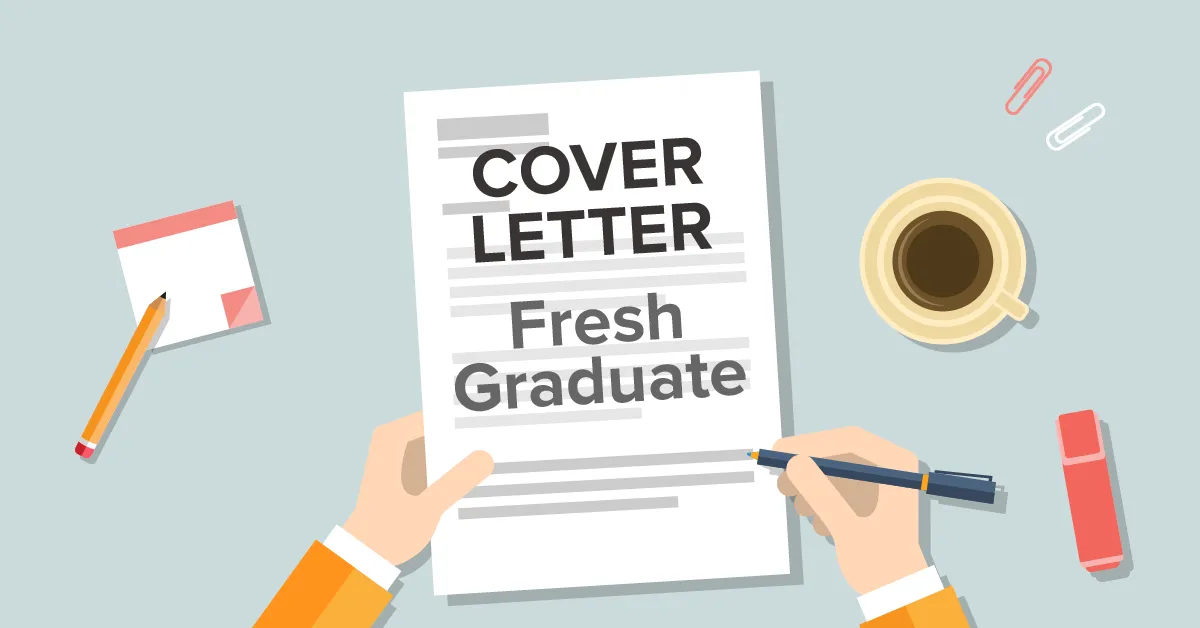
The opening paragraph is your chance to grab the reader’s attention. Start with a strong statement that captures your interest in the role and the company. Briefly mention where you saw the job posting and why you’re excited about the opportunity. You might also include a brief overview of your key qualifications or a compelling anecdote that demonstrates your enthusiasm. The goal is to immediately hook the reader and make them want to continue reading. Avoid generic opening lines. Instead, show that you’ve researched the company and understand what they are looking for in a candidate.
Showcasing Relevant Skills and Experience
In the body paragraphs, highlight your skills and experiences that align with the job description. Use specific examples to demonstrate how you’ve applied those skills and the results you achieved. For example, if the job requires project management skills, describe a project you managed in college and the outcomes. Quantify your achievements whenever possible. Use action verbs to describe your responsibilities and accomplishments. This section should be tailored to each job application; customize your letter to align with the specific requirements and keywords used in the job posting. Show, don’t just tell, what you’re capable of.
Quantifying Achievements with Numbers
When describing your achievements, always include numbers and data to provide concrete evidence of your accomplishments. Numbers make your achievements more impactful and demonstrate your ability to deliver results. For example, instead of saying ‘Improved customer service,’ say ‘Improved customer satisfaction scores by 15% through implementing a new feedback system.’ If you led a team project, mention how many team members you managed or the project budget. If you were responsible for social media, mention the increase in followers or engagement rates. Numbers provide context and allow the hiring manager to understand the significance of your contributions. Providing quantifiable data is one of the easiest ways to stand out from the competition and demonstrate your value.
Tailoring Your Letter to the Job Description
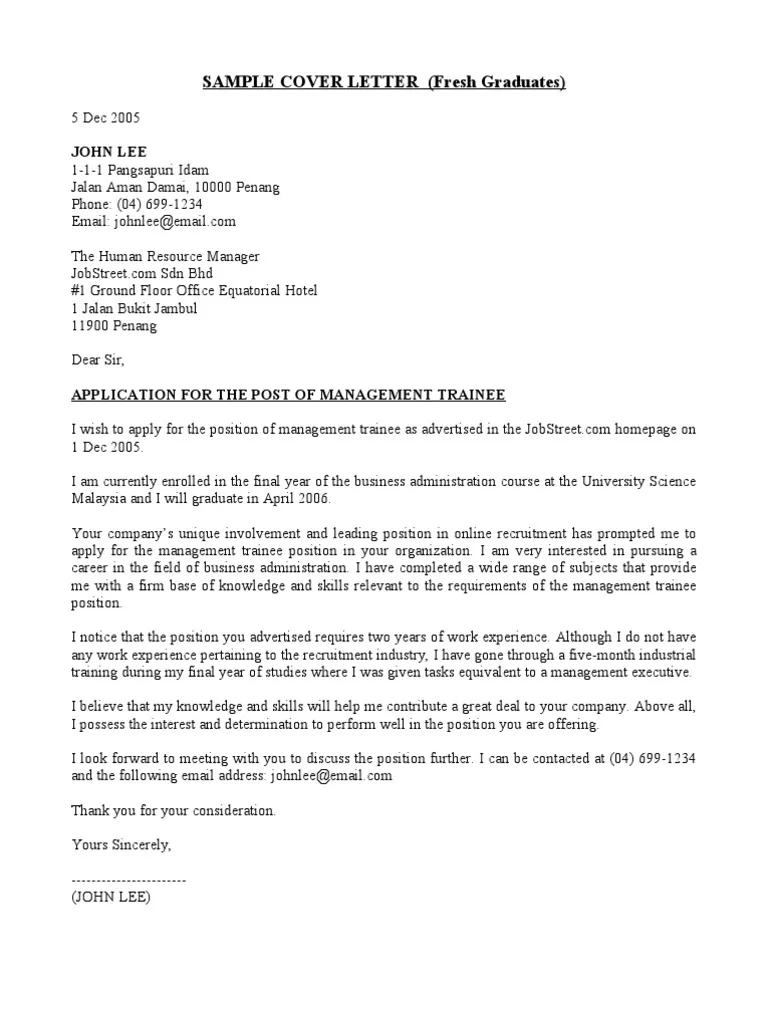
A generic cover letter is easily recognizable and often gets discarded. To increase your chances of success, tailor each cover letter to the specific job you are applying for. Carefully read the job description and identify the key skills and requirements. Highlight the skills and experiences you possess that match those requirements. Use the same keywords and phrases from the job description throughout your cover letter. This shows the hiring manager that you have read the job posting carefully and understand what the employer is looking for. Tailoring your letter demonstrates your genuine interest in the role and increases your chances of getting an interview.
Expressing Enthusiasm and Interest
Show your enthusiasm for the company and the position throughout your cover letter. Demonstrate that you have researched the company and understand its mission, values, and culture. Explain why you are interested in working for that specific company and how your skills and interests align with its goals. Mention specific aspects of the role that excite you. This enthusiasm will help you stand out from other candidates and demonstrates that you have a genuine desire to be a part of the organization. Your passion for the role and the company can be a significant asset, especially for fresh graduates.
Crafting a Strong Closing
Your closing paragraph should reiterate your interest in the position and express your gratitude for the hiring manager’s time and consideration. Reiterate your confidence in your ability to contribute to the company’s success. Include a call to action, such as ‘I am eager to discuss my qualifications further in an interview’ or ‘I look forward to hearing from you soon.’ End with a professional closing, such as ‘Sincerely’ or ‘Best regards,’ followed by your full name. Review the entire cover letter one last time to ensure it flows well, is free of errors, and leaves a positive lasting impression.
5 Cover Letter Examples for Fresh Graduates
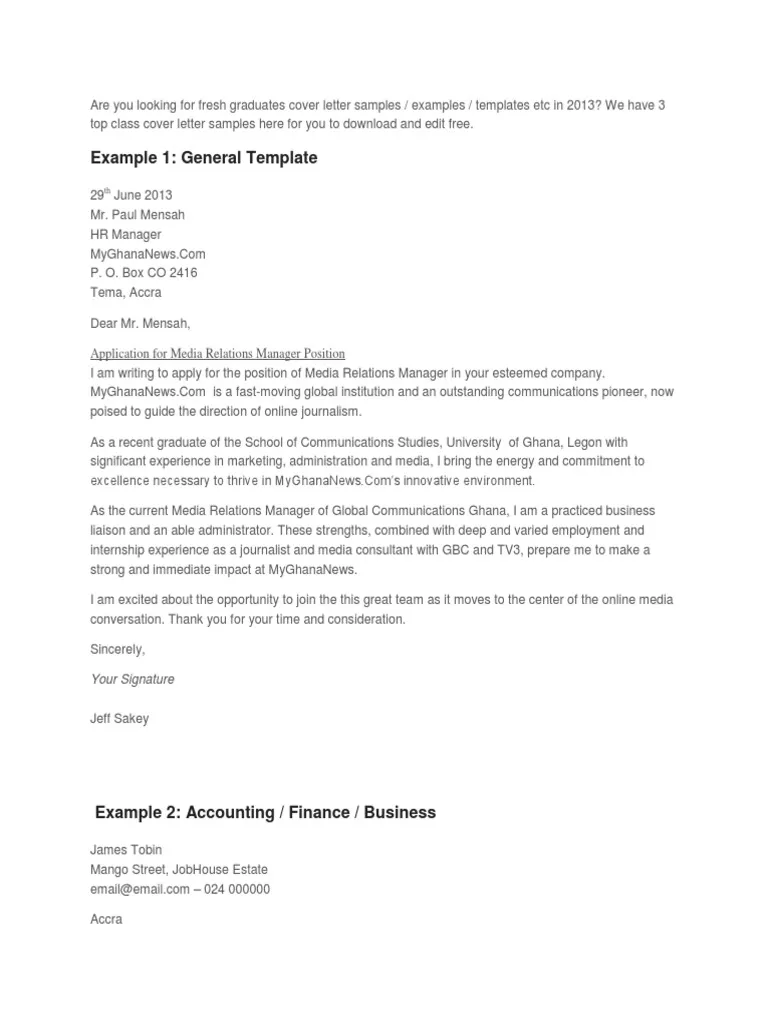
Example 1 The Enthusiastic Applicant
This type of cover letter focuses on expressing your passion for the company and the role. It demonstrates your eagerness to learn and contribute. The enthusiastic applicant emphasizes their excitement to be a part of the team and mentions their skills and interest with relevant examples to show why they are a good fit.
Example 2 The Skills-Focused Graduate
This cover letter highlights your key skills and how they align with the job requirements. This type of cover letter is ideal if the job description emphasizes specific skills. It clearly outlines your skills, providing examples of how you have used them to achieve results in previous projects, coursework, or extracurricular activities. If you want to highlight your technical skills, for example, be sure to show a real-world use case to solidify your abilities.
Example 3 The Internship Success Story
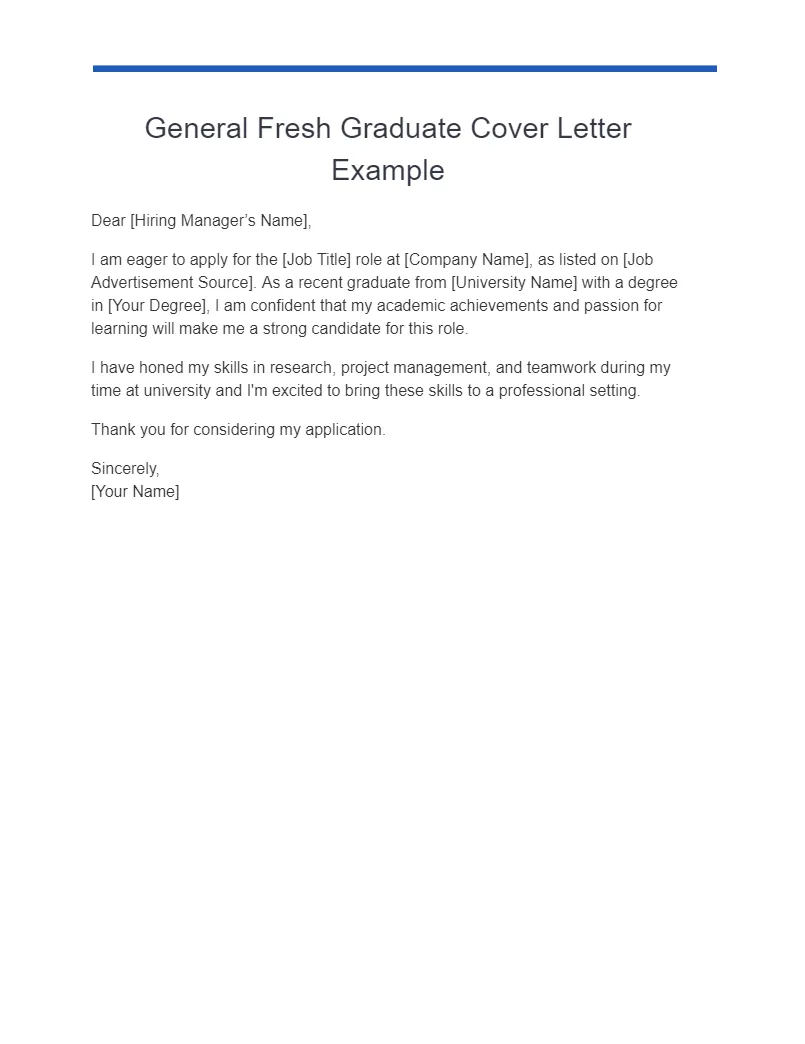
If you have internship experience, this cover letter will showcase how you utilized your experience and achieved results while interning. Focus on the key takeaways from the internship, emphasizing your contributions and the skills you developed. Quantify your achievements whenever possible, such as improvements in processes or positive feedback received from supervisors. This is a great way to demonstrate your ability to perform in a professional environment.
Example 4 The Academic Excellence Achiever
This cover letter highlights your academic achievements and how your coursework has prepared you for the role. Mention relevant projects, awards, or specializations from your degree. Provide specific examples to demonstrate your knowledge and skills. This is a great option if you have a strong academic record and want to position yourself as a knowledgeable and capable candidate.
Example 5 The Career Changer Cover Letter
If you are a recent graduate who is changing careers, this cover letter will show how your transferable skills and experience from your previous background is suitable for the new job. Explain your motivation for the career change and how your skills translate to the new industry. Highlight relevant experiences and how they can be applied to your new role, show that you have the required knowledge and a willingness to learn.
Common Mistakes to Avoid in Your Cover Letter
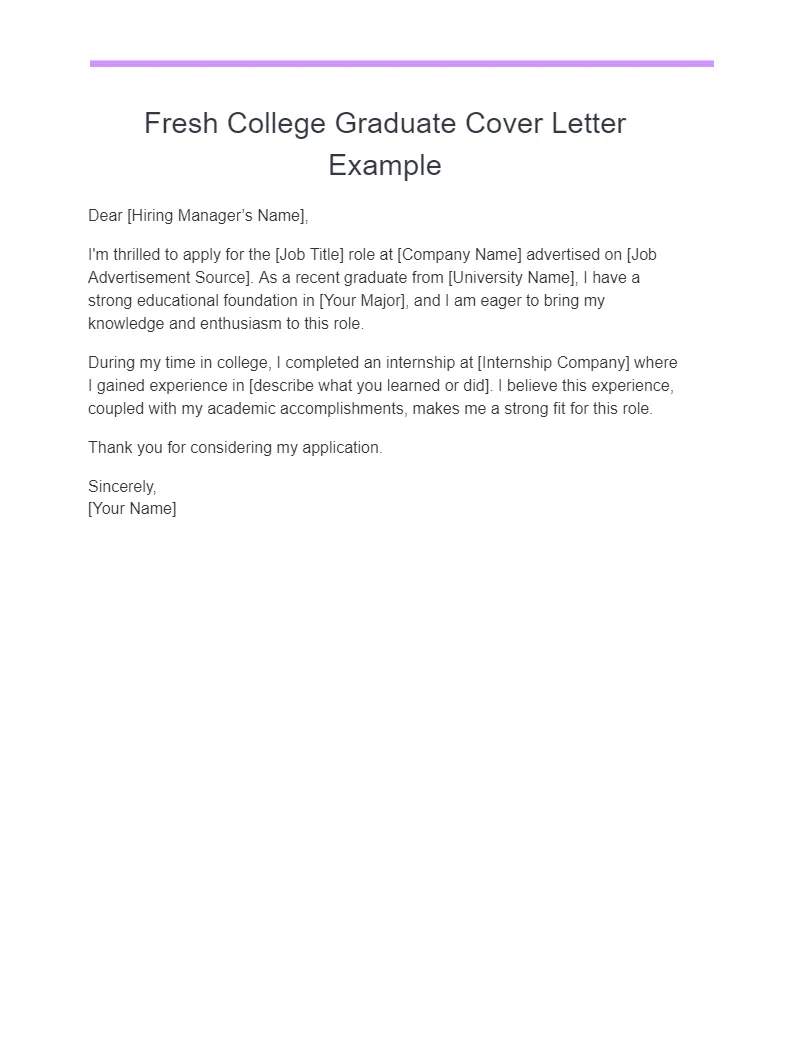
Generic Letters and Lack of Personalization
One of the biggest mistakes is sending a generic cover letter that could apply to any job. Always tailor your cover letter to the specific job and company. Avoid using generic phrases and show that you have researched the company and understand its values and mission. Personalization makes your letter more engaging and demonstrates that you have invested time and effort in your application. Show your enthusiasm by highlighting the job and why you’re excited about it.
Typos, Grammatical Errors, and Poor Formatting
Typos, grammatical errors, and poor formatting can immediately damage your credibility. Proofread your cover letter carefully, ideally multiple times, to catch any mistakes. Use a professional font and format your letter in a clean and easy-to-read style. Consider having a friend or career counselor review your cover letter for errors and clarity. Errors and poor formatting give the impression of a lack of attention to detail, which is a crucial skill in any job.
Focusing Solely on What You Want
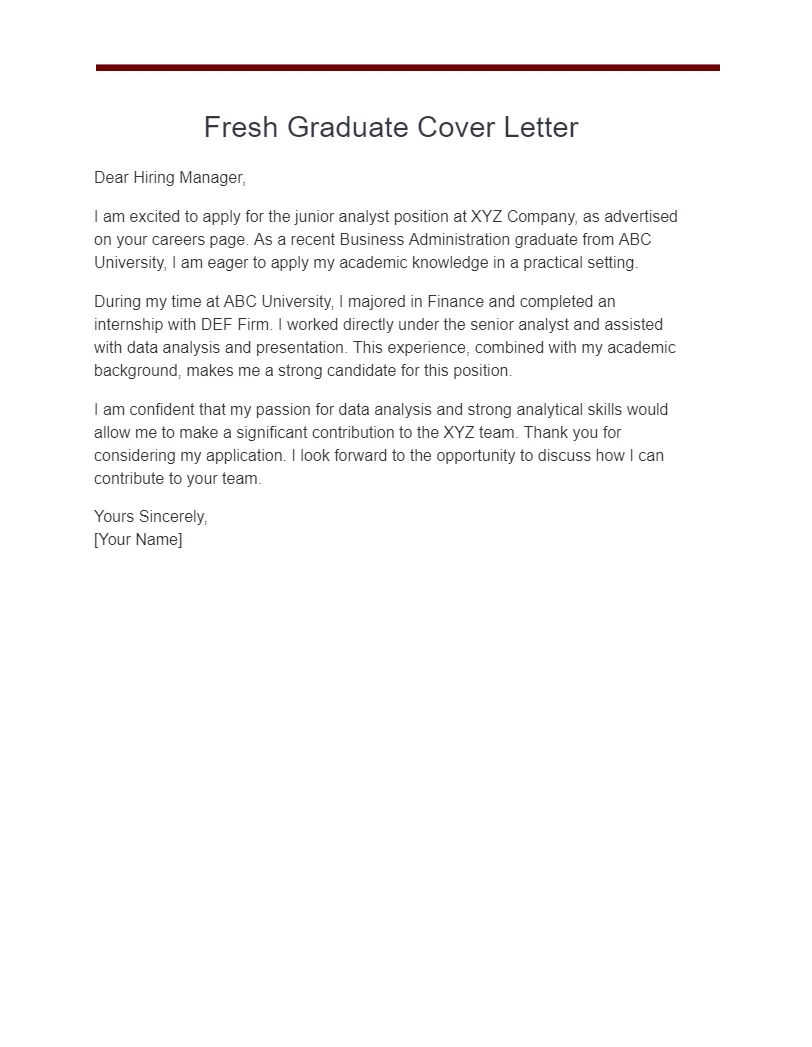
While it’s important to express your interest in the job, avoid making your cover letter all about yourself. Frame your skills and experiences in terms of how they can benefit the employer. Instead of saying ‘I want this job,’ say ‘I am confident that my skills in [Skill 1] and [Skill 2] will contribute to the success of your team.’ Focus on how your qualifications align with the needs of the company and the role, highlighting how you can solve problems or contribute to the company’s goals. Show, don’t just tell, what you’re capable of.
Overly Long or Rambling Content
Keep your cover letter concise and to the point. Hiring managers are busy, so they appreciate a letter that gets straight to the point. Aim for a length of one page. Avoid including irrelevant information or going into excessive detail about your experiences. Focus on the most important points and use clear, concise language. Each paragraph should have a clear purpose, and the entire letter should flow logically, highlighting your key qualifications and demonstrating your interest in the job and the company.
Tips for Customizing Your Cover Letter
Researching the Company
Thorough research is essential before you start writing your cover letter. Visit the company’s website, read recent news articles, and explore their social media presence. Understand their mission, values, and culture. This knowledge will help you tailor your cover letter to the company’s specific needs and demonstrate your genuine interest. You can mention specific projects, initiatives, or values that resonate with you. This research will show the hiring manager that you are genuinely interested in the company and the role.
Using Keywords from the Job Description
Carefully review the job description and identify the key skills and requirements. Incorporate those keywords and phrases into your cover letter. This shows the hiring manager that you have the necessary qualifications and increases the chances of your application being noticed by applicant tracking systems (ATS). Avoid keyword stuffing, however. Use the keywords naturally and in context to demonstrate your understanding of the job requirements. Ensure you are familiar with the main duties and use them in your achievements as well.
Proofreading and Seeking Feedback
Proofreading is critical to ensure your cover letter is free of errors. Carefully review your letter for typos, grammatical errors, and formatting issues. Read the cover letter out loud to catch any awkward phrasing or unclear sentences. Consider having a friend, family member, or career counselor review your letter for feedback. They can provide a fresh perspective and identify areas for improvement. Proofreading is a simple step that can significantly improve the quality of your cover letter and increase your chances of landing an interview. Proofread multiple times to ensure your best foot is forward.
Conclusion Cover Letter Success for Fresh Graduates
Writing a strong cover letter is a vital step for fresh graduates as they begin their job search. By understanding the purpose of a cover letter, showcasing relevant skills, avoiding common mistakes, and customizing your letter for each job, you can significantly increase your chances of getting an interview. Remember to highlight your enthusiasm, quantify your achievements whenever possible, and always proofread your work. With a well-crafted cover letter, you can make a compelling first impression and demonstrate your potential to employers. Take the time to develop an outstanding cover letter, and you will be well on your way to a successful career. Good luck with your job applications!
